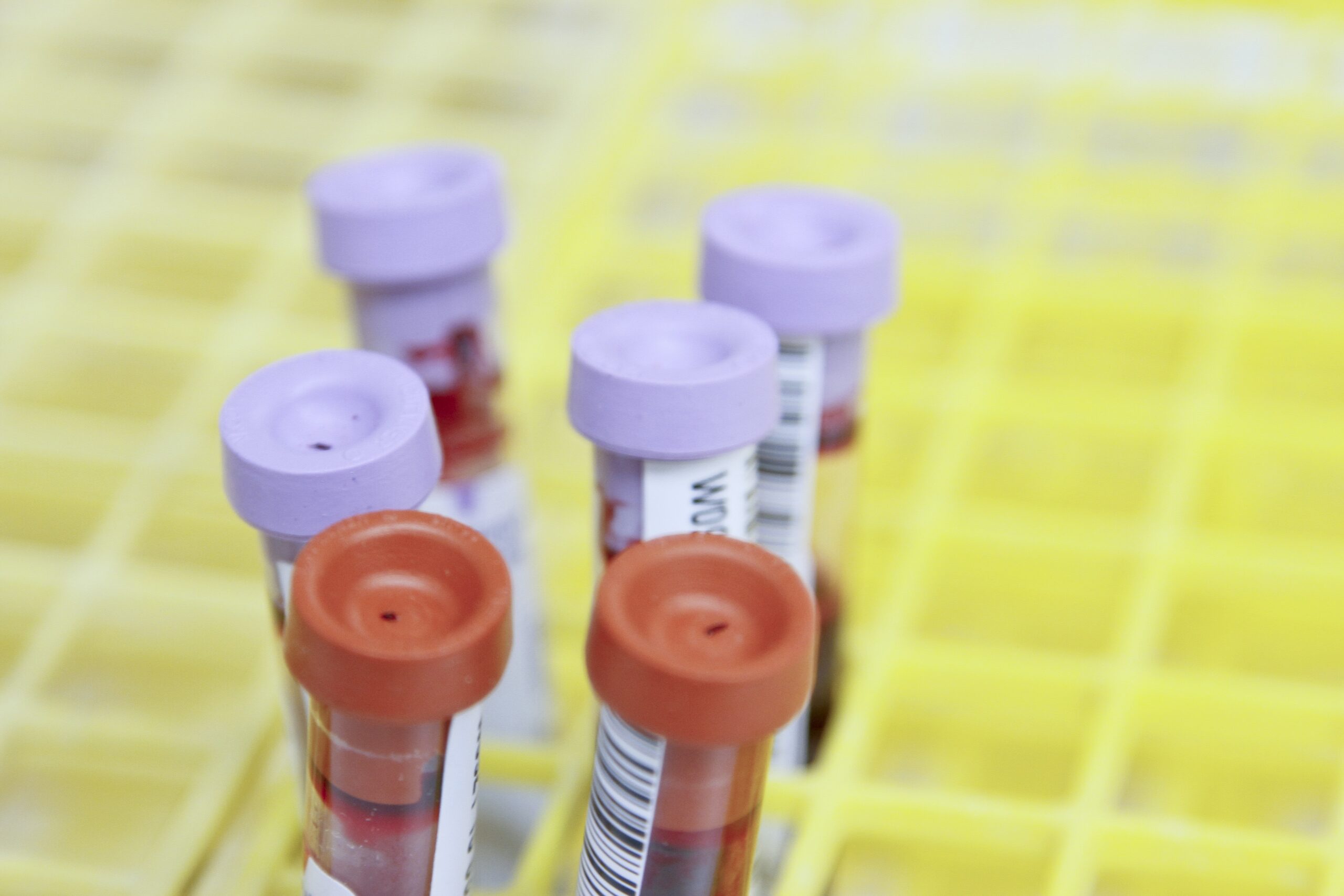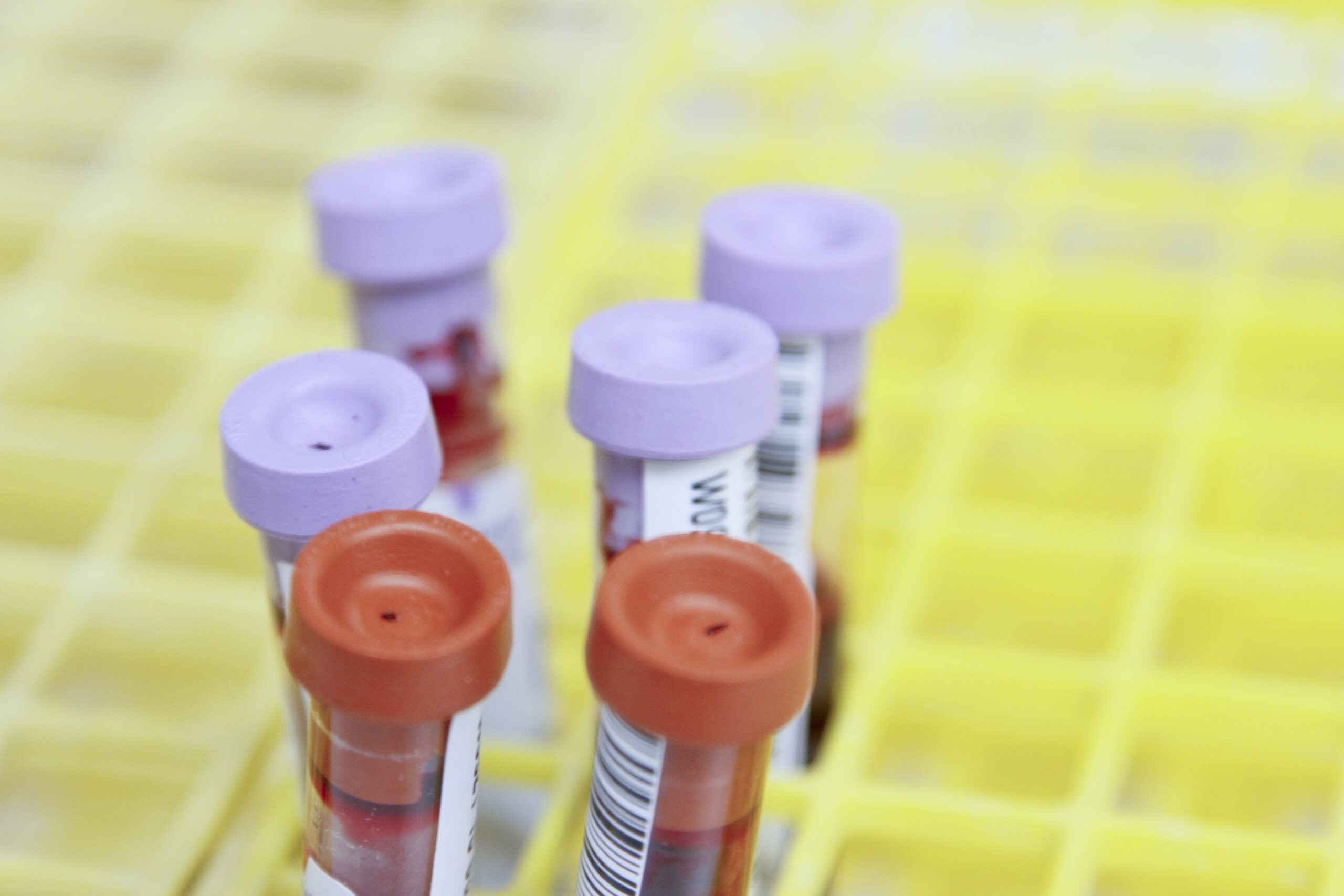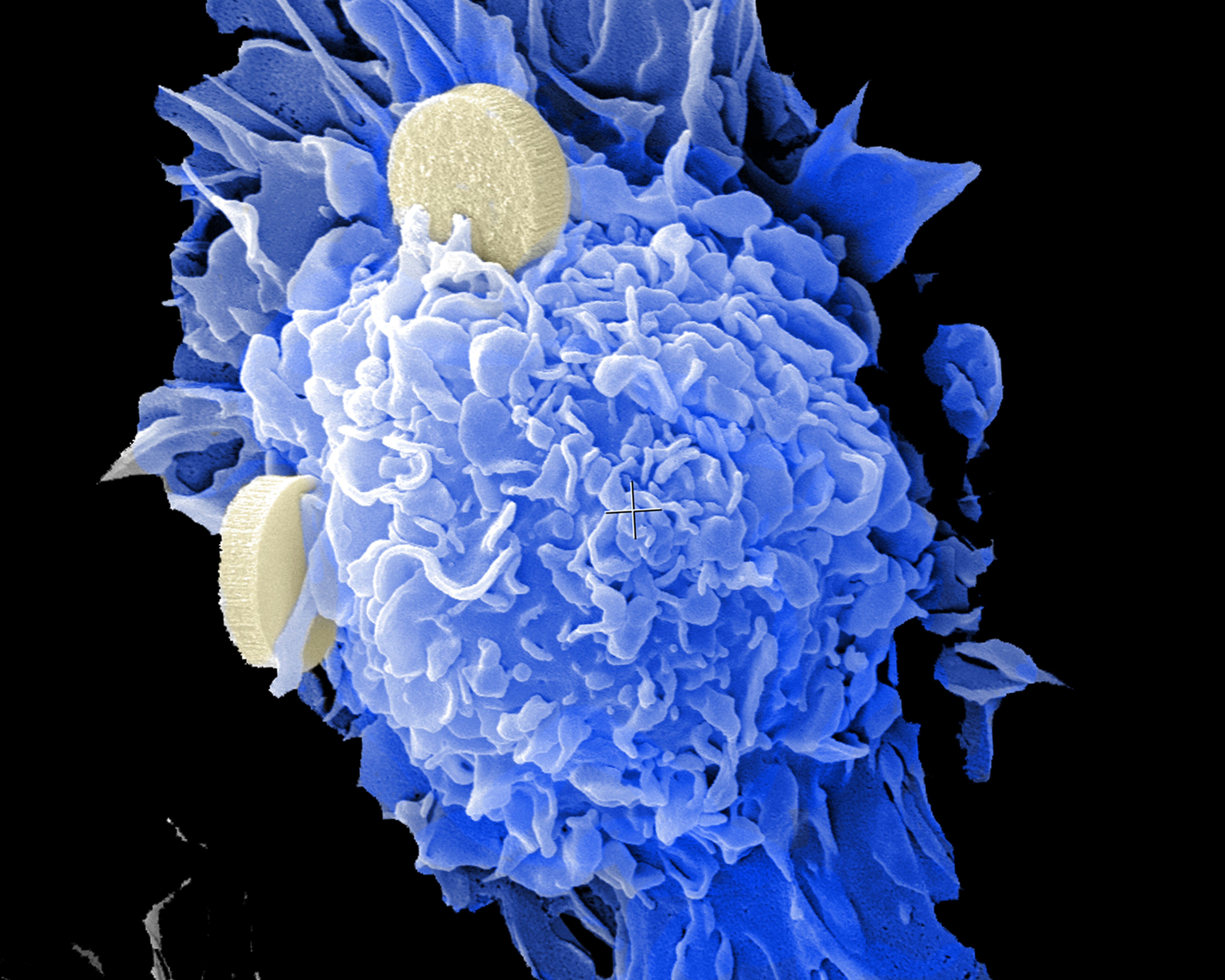You've likely heard about prostate cancer and the various treatment options available, but have you ever wondered about a newer therapy called prostate-specific membrane antigen (PSMA) therapy? This innovative treatment approach specifically targets prostate-specific membrane antigen, a protein found on the surface of prostate cancer cells. PSMA therapy harnesses the power of targeted radiation to destroy these cancer cells, offering renewed hope for patients with advanced prostate cancer. In this article, we will explore the ins and outs of PSMA therapy, discussing its mechanism of action, potential benefits, and current advancements in this cutting-edge treatment. So, get ready to delve into the world of PSMA therapy and discover how it is revolutionizing the fight against prostate cancer.

Understanding Prostate-specific Membrane Antigen (PSMA)
Definition of PSMA
Prostate-specific membrane antigen (PSMA) is a protein that is found predominantly on the surface of prostate cells. It is often overexpressed in prostate cancer cells, making it a valuable target for both diagnosis and treatment. PSMA is also expressed in normal tissues, such as the salivary gland, kidneys, and small intestine, albeit at lower levels. This specificity makes PSMA an ideal target for precision therapies.
Role of PSMA in the body
In the body, PSMA plays a crucial role in cellular uptake of nutrients, regulation of cell growth, and immune response modulation. It functions as a transmembrane protein, aiding in the internalization of folate, a type of vitamin B that is essential for cell division and proliferation. PSMA's presence on the surface of prostate cancer cells makes it an effective target for drug delivery and imaging agents.
Abnormal PSMA levels and its implications
An increase in PSMA expression is often observed in prostate cancer, and its levels are generally associated with the aggressiveness and progression of the disease. Higher PSMA expression correlates with a higher risk of metastasis and recurrence. Thus, monitoring and targeting PSMA levels can provide valuable insights into the diagnosis, staging, and management of prostate cancer. Additionally, abnormal PSMA levels in other diseases, such as neovascular age-related macular degeneration and metastatic breast cancer, have also been reported.
The Concept of PSMA Therapy
Introduction to PSMA Therapy
PSMA therapy, also known as PSMA-targeted therapy or PSMA-directed therapy, refers to the use of drugs and treatment strategies that specifically target prostate cancer cells by binding to PSMA receptors. This therapy has gained significant attention and shown promise as a novel therapeutic approach for prostate cancer.
How PSMA Therapy works
PSMA therapy utilizes various approaches to target and destroy prostate cancer cells. One strategy involves the use of radioligands, which combine a radioactive molecule with a PSMA-targeting agent. These radioligands selectively deliver radiation directly to PSMA-expressing cancer cells, sparing healthy tissues and reducing collateral damage. Another strategy involves the use of PSMA inhibitors, which inhibit the growth and survival of cancer cells by interfering with the intracellular signaling pathways.
Benefits of PSMA Therapy
PSMA therapy offers several benefits over traditional treatments. Firstly, it provides a more targeted approach, minimizing side effects and reducing harm to healthy tissues. Additionally, PSMA therapy holds promise for patients with advanced or metastatic disease, where traditional treatments have limited efficacy. The ability to track and image PSMA expression also allows for better disease monitoring and personalized treatment planning.
Medical Conditions Addressed by PSMA Therapy
Prostate cancer and PSMA Therapy
Prostate cancer is the second most common cancer among men worldwide. PSMA therapy has shown great promise in the diagnosis, staging, and treatment of this disease. By targeting PSMA, therapy agents can effectively deliver treatments specifically to cancer cells, reducing the risk of toxicity and improving treatment outcomes.
Use of PSMA therapy in diagnosing prostate cancer
PSMA therapy is not only useful for treatment but also for diagnosing prostate cancer. PSMA-targeted imaging, such as PSMA PET/CT scans, allows for highly sensitive and precise detection of prostate cancer lesions, including locoregional lymph nodes and distant metastases. This imaging modality aids in the accurate staging of the disease, allowing for better treatment planning and monitoring of treatment response.
Other diseases where PSMA therapy can be helpful
While PSMA therapy has primarily been explored in the context of prostate cancer, there is growing interest in its potential application in other diseases. Research suggests that PSMA receptors are also expressed in neovascular age-related macular degeneration and metastatic breast cancer, offering potential therapeutic avenues for these conditions as well.
Procedures Involved in PSMA Therapy
Beginning Phase: Initial assessments
Before initiating PSMA therapy, several initial assessments are carried out. This includes a thorough medical history, physical examination, and various imaging techniques to assess the extent of the disease. Additionally, laboratory tests, including PSMA expression profiling, help determine patient eligibility for PSMA therapy and guide treatment decision-making.
Undergoing PSMA Therapy: Procedures involved
PSMA therapy typically involves the administration of a radioligand or a PSMA inhibitor either intravenously or orally. The treatment can be delivered in an outpatient setting, minimizing the need for hospitalization. During the treatment, patients are closely monitored for any adverse reactions or side effects. The duration and frequency of treatment sessions may vary, depending on the individual's response and disease severity.
Post-Therapy: Follow-ups and recovery
After undergoing PSMA therapy, patients are carefully monitored through regular follow-up visits, imaging scans, and blood tests. These evaluations help evaluate treatment response, assess disease progression, and detect any potential side effects or complications. By closely monitoring patients' recovery and response to therapy, healthcare providers can make informed decisions regarding the subsequent course of treatment.
Potential Risks and Complications of PSMA Therapy
Short-term side effects
Like any medical intervention, PSMA therapy can be associated with short-term side effects. Common side effects include fatigue, dry mouth, nausea, and gastrointestinal disturbances. However, these side effects are generally mild and well-tolerated, resolving on their own over time. Patients undergoing PSMA therapy should communicate any discomfort or side effects to their healthcare providers for appropriate management.
Long-term complications
As PSMA therapy is a relatively new approach, the long-term complications are still being studied and understood. However, current research suggests that long-term complications are relatively rare. Potential long-term complications may include damage to nearby healthy tissues, such as salivary glands or kidneys, although the risk is minimized with the use of targeted therapy.
Managing potential risks
To minimize risks and complications associated with PSMA therapy, patients must receive treatment from specialized centers with expertise in PSMA-targeted therapy. Close monitoring and follow-up care are essential to identify and manage any potential adverse events promptly. Adequate patient education and communication play a crucial role in ensuring patient safety and optimizing treatment outcomes.
Efficacy of PSMA Therapy
Success rate in treating Prostate Cancer
PSMA therapy has shown promising results in the treatment of prostate cancer. Research studies have reported high response rates and improved overall survival in patients receiving PSMA-targeted therapy. The ability to specifically target prostate cancer cells while sparing healthy tissues has contributed to its efficacy and reduced toxicity compared to traditional treatments.
Comparison with other treatments
Compared to other treatment modalities, PSMA therapy offers several advantages. It provides a more targeted approach and can be effective even in advanced or metastatic disease states. Traditional treatments, such as surgery and radiation therapy, may have limitations in these cases. Additionally, PSMA therapy can be combined with other treatment modalities for a multimodal approach, further enhancing its effectiveness.
Limitations of PSMA Therapy
While PSMA therapy shows great promise, it does have some limitations. Firstly, the availability and accessibility of PSMA therapy may be limited to specialized centers, which could restrict its widespread implementation. Additionally, certain variations in PSMA expression among patients can impact treatment response. Further research is needed to optimize patient selection and identify biomarkers that can predict treatment response.

Latest Developments in PSMA Therapy
Advancements in technology
Advancements in imaging technology, such as PSMA PET/CT scans, have greatly enhanced the ability to detect and monitor prostate cancer. These imaging techniques offer improved sensitivity and specificity, enabling the identification of small lesions and better assessment of treatment response. Ongoing research and development efforts aim to further refine these technologies and make them more widely available.
New findings in the efficacy of PSMA Therapy
Recent studies have revealed promising findings regarding the efficacy of PSMA therapy. Research has shown favorable outcomes in terms of tumor response rates, progression-free survival, and overall survival in patients receiving PSMA-targeted therapy. These findings highlight the potential of PSMA therapy as a valuable treatment option for patients with prostate cancer.
Potential future of PSMA Therapy
As research continues to unfold, the potential future of PSMA therapy looks promising. Ongoing studies are investigating the use of combination therapies, novel treatment modalities, and advancements in drug delivery systems to further enhance the efficacy of PSMA therapy. The development of more specific and potent PSMA inhibitors and radioligands could further revolutionize the field of prostate cancer treatment.
Patient Experiences with PSMA Therapy
Patient testimonials
Many patients who have undergone PSMA therapy have reported positive experiences. Testimonials often highlight the efficacy of PSMA therapy in controlling disease progression and improving quality of life. Patients appreciate the targeted approach of PSMA therapy, which reduces the risk of side effects and offers hope for better outcomes.
Quality of life post-treatment
PSMA therapy aims not only to treat cancer but also to improve patients' quality of life. By specifically targeting cancer cells, this therapy minimizes damage to healthy tissues, reducing the risk of side effects that can impact quality of life. Patients often report improved symptom management, reduced pain, and increased mobility post-treatment.
Patient advice on PSMA Therapy
For individuals considering PSMA therapy, it is crucial to consult with a qualified healthcare provider specializing in PSMA-targeted therapy. Seeking a second opinion, asking detailed questions about the treatment plan, and understanding the potential benefits and risks are essential steps in making an informed decision. Support groups and patient forums can also provide valuable insights and experiences that can aid in decision-making.
Healthcare Provider Perspective on PSMA Therapy
Why doctors suggest PSMA Therapy
Doctors often suggest PSMA therapy for several reasons. Firstly, PSMA therapy offers a targeted and precise approach that can effectively treat prostate cancer, particularly in advanced or recurrent disease. The ability to monitor treatment response using PSMA imaging also allows doctors to adapt treatment plans and provide personalized care. Additionally, the favorable side effect profile and reduced collateral damage make PSMA therapy an attractive treatment option.
Challenges faced by healthcare providers
Implementing PSMA therapy does come with certain challenges. One significant challenge is the limited availability of PSMA therapy in some regions, which can restrict patient access to this innovative treatment. Additionally, the need for specialized imaging facilities and expertise in PSMA-targeted therapy can pose logistical challenges for healthcare providers. Continued research and efforts to expand access to PSMA therapy are essential in overcoming these challenges.
Healthcare professionals success stories
Many healthcare professionals have witnessed the positive impact of PSMA therapy on patient outcomes. Success stories often revolve around patients achieving disease remission, significant reductions in tumor burden, and improved quality of life. These success stories highlight how PSMA therapy can transform the lives of patients and offer hope for better treatment options in the field of prostate cancer.
Financial Considerations of PSMA Therapy
Estimated cost of PSMA Therapy
The cost of PSMA therapy can vary depending on the location, treatment protocol, and healthcare provider. It is important for patients to be aware that PSMA therapy can be expensive, and it is essential to discuss the financial aspects with healthcare professionals and insurance providers. Understanding the potential costs associated with PSMA therapy can help patients plan and make informed decisions.
Insurance coverage options
Insurance coverage for PSMA therapy may vary depending on the insurance provider and the specific policy. It is crucial for patients to review their insurance policy and contact their insurance provider to determine coverage eligibility. Some insurers may cover PSMA therapy in certain cases, particularly when it is deemed medically necessary. Understanding insurance coverage options is vital to minimize out-of-pocket expenses.
Financial assistance for PSMA Therapy
For patients facing financial challenges, various financial assistance programs and resources may be available. These programs can help alleviate the financial burden associated with PSMA therapy. Patients should consult with their healthcare provider, social workers, or patient advocacy groups to explore potential financial assistance options specific to their situation.
In conclusion, prostate-specific membrane antigen (PSMA) therapy holds tremendous promise in the diagnosis, staging, and treatment of prostate cancer. With its ability to specifically target cancer cells while minimizing damage to healthy tissues, PSMA therapy offers a more targeted and personalized approach. Ongoing research and advancements in technology continue to shape the field of PSMA therapy, offering hope for improved treatment outcomes and quality of life for patients. By understanding the benefits, risks, and financial considerations associated with PSMA therapy, patients can make informed decisions with their healthcare provider to determine the most appropriate treatment plan.


